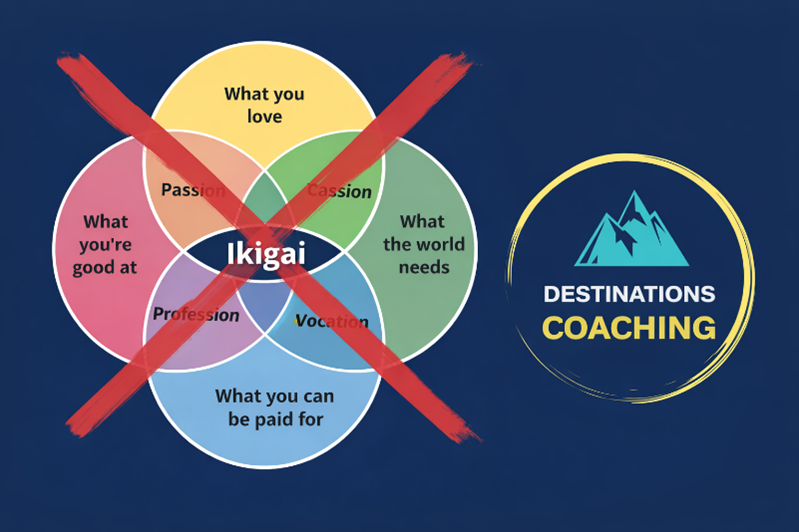Today we’re tackling a big topic: imposter syndrome. Whether you’re struggling with it yourself or want to support someone in your team, this article is for you.
Imposter syndrome doesn’t just impact individuals—it can ripple through teams and organisations, causing talented people to hold back, avoid challenges, or burn out. It can feel like you’re constantly waiting to be ‘found out,’ second-guessing yourself, or questioning if you truly belong. How many of you have ever felt out of your depth, even when others thought you were doing brilliantly? If so, you know exactly what I’m talking about.
Studies show that over 70% of people will experience imposter syndrome at some point—even Michelle Obama, Lady Gaga, and Tom Hanks have felt this way. It’s more common than you think, affecting 12 million people in the UK alone!
The Five Faces of Imposter Syndrome
Imposter syndrome often shows up in five common ways. See if any of these resonate with you—they do with me!
- Setting Unrealistically High Standards: Sometimes, anything less than flawless feels like failure. This can paralyze progress, leading to stress and self-doubt. I remember delaying a new coaching article because it didn’t feel “perfect,” until someone reminded me that progress matters more than perfection.
- Constantly Pushing Yourself Beyond Limits: When you tie your worth to achievements, it leads to overworking and burnout. You start believing you’re only as good as your latest accomplishment.
- Expecting Instant Mastery: Some people believe they should excel effortlessly. When things don’t come easily, they feel discouraged, making it hard to persist when learning new skills.
- Avoiding Help to Seem Competent: Refusing assistance out of fear of looking incompetent can limit growth and isolate you from valuable collaboration. It’s okay to ask for help!
- Feeling Like You Never Know Enough: Even with significant qualifications, some people feel like they’ll never know enough. This mindset traps them in endless cycles of seeking more credentials. Despite my own qualifications, I still sometimes feel unprepared or worry about what I don’t know.
If any of this sounds familiar, don’t worry—you’re not alone.
Spotting Imposter Syndrome in Yourself or Your Team
If you suspect imposter syndrome in yourself or your team, here’s what to watch for: avoiding challenges, second-guessing decisions, or burning out. Managers might notice team members hesitating to take initiative, overworking, or shying away from recognition. Maybe it’s someone recently promoted struggling with leadership, or a new hire feeling overwhelmed. They might avoid collaboration or never ask for help.
If this sounds familiar, it’s time to address imposter syndrome head-on.
As a Manager, Here’s How You Can Help:
- Create a Culture of Recognition: Regularly celebrate achievements, big and small, to build confidence.
- Encourage Open Conversations: Normalize discussions about self-doubt. Sharing your own experiences can be powerful.
- Offer Support and Mentorship: Provide opportunities for growth and show that mistakes are part of the journey.
For Those Dealing with Imposter Syndrome, Here Are Three Tips:
- Keep a Wins Journal: Write down your successes, no matter how small. Seeing them in black and white helps combat that inner critic.
- Share Your Feelings: Talk to someone you trust—chances are, they’ve been there too.
- Reframe Failure: View mistakes as learning opportunities, not proof that you’re not good enough. Even the best leaders stumble.
When you address imposter syndrome, you don’t just grow your confidence—you create a ripple effect. Your team sees a leader who’s authentic and resilient, building trust, boosting morale, and driving better results.
If you’re ready to take the next step in overcoming imposter syndrome, let’s connect. I’m here to help you and your team thrive.




